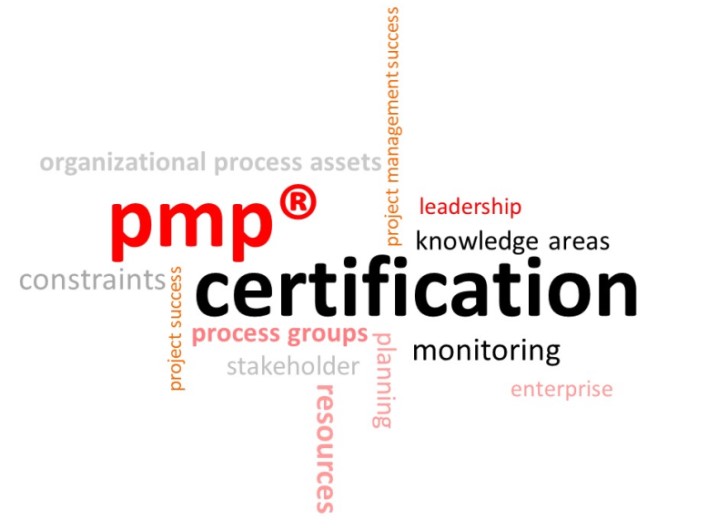Description
In today’s competitive work environment more and more companies expect a project management certification from their project managers.
Globally recognized as the number one standard in proficiency and skills in Project Management, PMI’s Project Management Professional (PMP®) Certification confirms that the holder has proven experience, knowledge and management potential in effective project management. It is the most sought-after qualification for project managers worldwide.
Our PMP® certification preparation is the only course really combining theory with practice, thus intensely preparing delegates for their PMP® examination. This is ascertained by consolidating the theoretical input (repetition units, sample questions etc.) through experiential learning, in form of a project simulation, named Swiss Island®.
The instructor is Rüdiger Geist (PMP #240 393). He sat at the PMI Switzerland board of directors for four years, responsible for education and certification, and was part of the German Translation Verification Committee for the PMBOK®.
Course Level: Advanced
Duration: 5 days
Instructor: Rüdiger Geist
